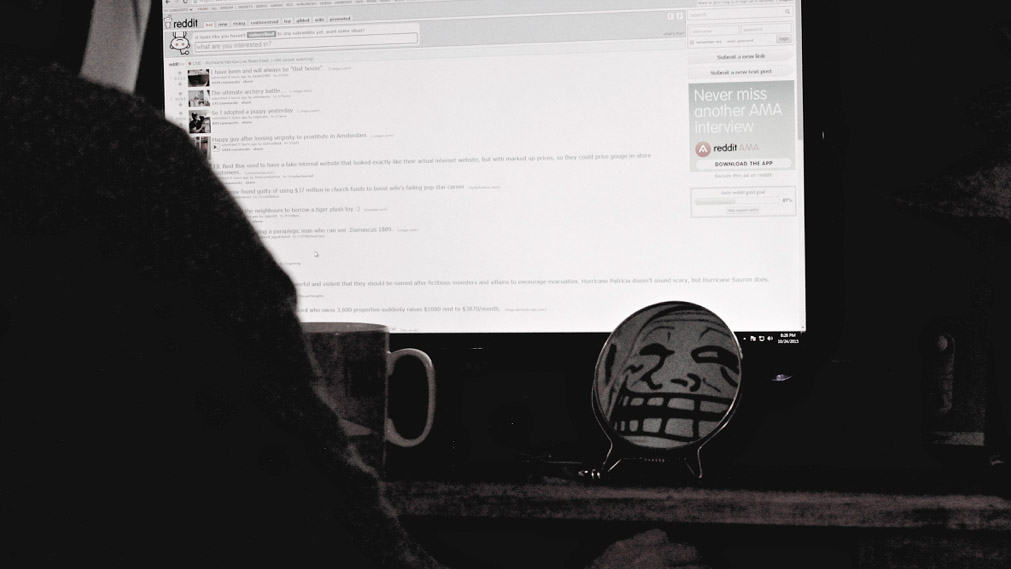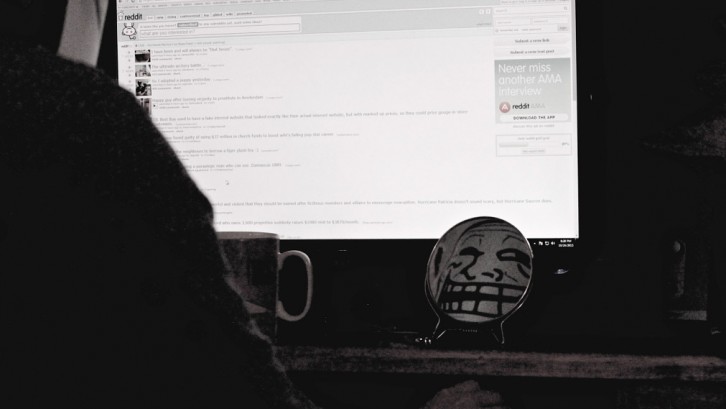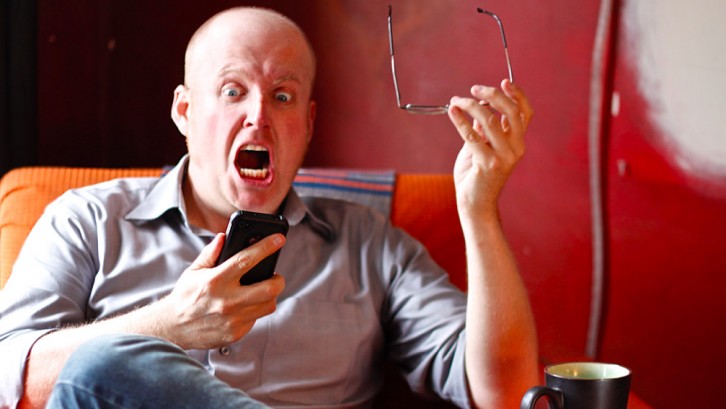Online behaviour
Antisocial media and the cruel web
Halifax comedian has mixed feelings about online trolling

caption
Trolls anonymously post offensive and provocative subject matter to upset others for their own amusement.
caption
Trolls anonymously post offensive and provocative subject matter to upset others for their own amusement.Brian MacQuarrie is used to people laughing at him.
He is one of the creative minds behind Halifax’s sketch comedy troupe Picnicface. His work has taken him from the local stage of the comedy club to the global stage of the Internet.
One of his YouTube comedy sketches is approaching its 30 millionth view.
MacQuarrie owes a large part of his fame to the Internet, but says it’s also capable of overwhelming cruelty.
In 2012, MacQuarrie vanished from the public eye. He says he had a mental breakdown and needed privacy to help him recover.
Now that he’s back on the stage, he says, “trolls” (see sidebar) make derisive comments about that period of his life. And while trolling is often seen as just immature mischief, the reality can be both tragic and destructive.

caption
Comedian Brian MacQuarrie says trolling can be funny when it’s not just mean.MacQuarrie says he hears comments like, “Brian had a mental breakdown, he’ll attack me.”
He says it’s upsetting that his experience with mental illness has made him a target.
“I’m a human being, you don’t have to be a dick about it,” he says.
Though he says being a comedian has thickened his skin some comments affect his work and the funnyman brand that keeps his thousands of fans chuckling.
He says, “those who don’t like me artistically, their response is: he’s crazy.”
That kind of attitude detracts from his image and hurts his business, he says.
“I’m a starving artist — and I do mean starving.”
But the comedian in him says trolling can be funny and timely if done well, especially if it offers social commentary.
If trolling is the posting of provocative or offensive material with the aim of getting a response, MacQuarrie says, it shares that goal with art.
They both need a kernel of truth to be provocative and if that kernel is emotional, it works.
After a mass shooting in Oregon in early October, trolls directed the media to deliberately misleading posts on the website 4chan. It led some news sites to name innocent people as the shooter.
MacQuarrie says the trolling was a social comment on a media culture “propped up on misery” with reporters behaving like the “crack addicts of information.”
In other cases, the social commentary is less explicit and more disheartening.
MacQuarrie points to the case of Rehtaeh Parsons, a 17-year-old Dartmouth, N.S., girl who died three days after attempting suicide. She became a household name when it was revealed that she had been sexually humiliated and bullied online.
In the weeks following her death, her loved ones were also tormented by trolls who disparaged her memory and said Parsons deserved to die.
Using anonymity to spread such cruelty is a telling barometer of social health. To post messages like these, MacQuarrie says, that person must be going through something.
“The world is a harsh place. Life is hard,” says MacQuarrie. “That’s why, when I’m not hating myself, I’m telling kids it’s OK to like themselves. That they’re awesome. That they’re going to change the world. For whatever reason, it always seems to mean a little more coming from me.”

